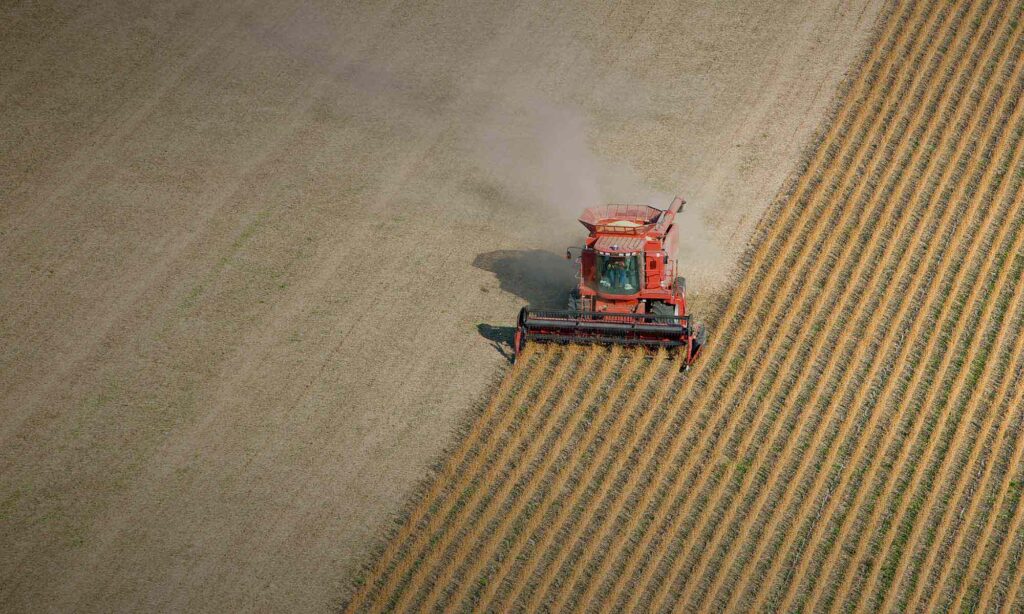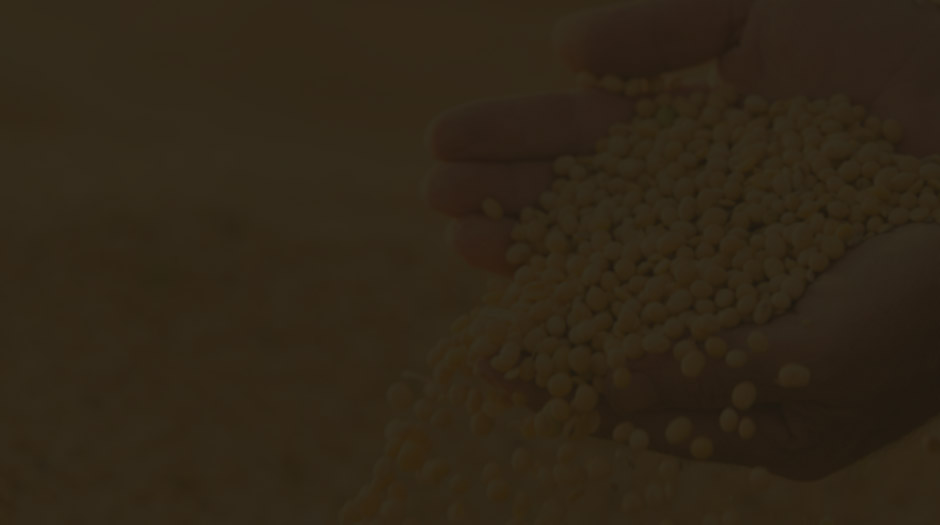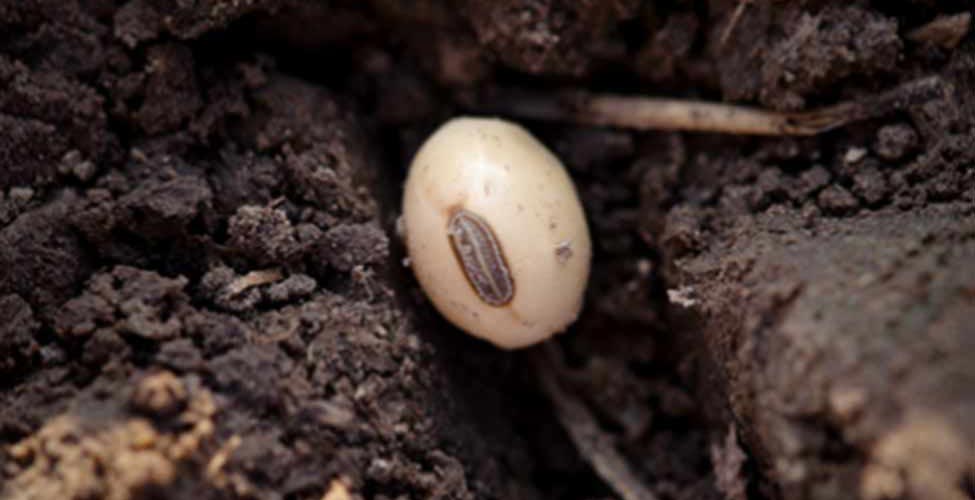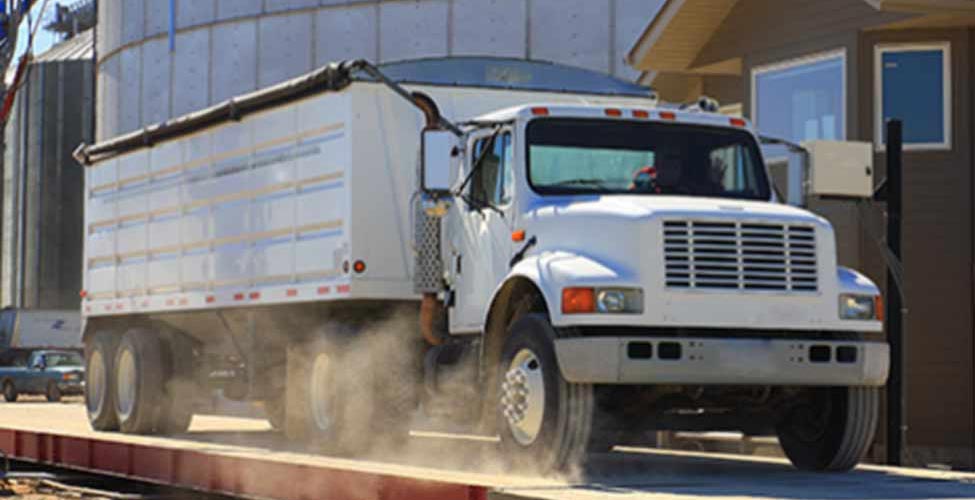
SOYBEAN SUSTAINABILITY BENEFITS
U.S. grown soybean oil and protein help food companies’ bottom line at every step along the supply chain. Soy’s dependable production, domestic supply chain and superior performance meet the economic and functional needs of the food industry while also meeting consumer demand for local, sustainably grown ingredients.
73% OF CONSUMERS
find it important to support domestic agriculture by purchasing food made with U.S. grown ingredients

SOURCING BENEFITS
The geographic diversity of U.S. grown soybeans helps guarantee a secure supply of soybean oils year-round. For food companies, this translates to competitive pricing and reliability of supply.
4X MORE
GROWING AGREAGE
for U.S. soybeans compared to other oilseed crops ensures stable production volume from year to year, regardless of weather.


FOURTH-LARGEST GRAIN
and oilseed crop in the U.S. and the supply of high oleic soybean oil will exceed all other high oleic offerings combined in North America.

DISTRIBUTION BENEFITS
U.S. grown soybeans create a shorter supply chain for the food industry, as well as reduced transportation costs and a lower carbon footprint.
4X MORE
crushing and refining facilities for U.S. grown conventional and high oleic soybean oil compared to other oilseed processing facilities keeps production closer to utilization.









Oilseed Production in North America
Available Acreage
Soybean | 90 Million Acres
Canola | 20 Million Acres
Sunflower | 20 Million Acres
Safflower | 20 Million Acres
Production Facilities
Soybean (63)
Canola (16)
Canola & Soybean (3)

SUSTAINABILITY BENEFITS
Many U.S. soybean growers will tell you their goal is to improve and preserve the soil on their farms for future generations, as well as provide the food industry with sustainably grown products. Soybean growers are committed to sustainability, with 95 percent of U.S. soybean producers partnering with the USDA to implement conservation programs on their farms.
FOOD COMPANIES CAN WORK TOWARD MEETING THEIR CORPORATE SUSTAINABILITY GOALS BY CHOOSING U.S. SOY.
U.S. SOYBEAN GROWERS EMPLOY SUSTAINABLE PRACTICES, INCLUDING:
Conservation tillage | Nutrient management | Water management |
Cover crops | Crop rotation | Pest management |
GPS Systems |
SUSTAINABLE FARMING PRACTICES LEAD TO:
Reduced soil erosion | Increased soil carbon |
Reduced greenhouse gas emissions | Reduced energy use |
Improved water use efficiency |
73% OF CONSUMERS BELIEVE IT’S IMPORTANT TO EAT FOODS PRODUCED USING METHODS AND PRACTICES THAT CONTRIBUTE TO THE LONG-TERM HEALTH OF THE ENVIRONMENT.
Virtually tour the Kavazanjian’s family farm, which is dedicated to growing sustainable ingredients for food companies. Learn about the diverse crop profiles that put U.S. soybean growers at the forefront of the farming industry.
